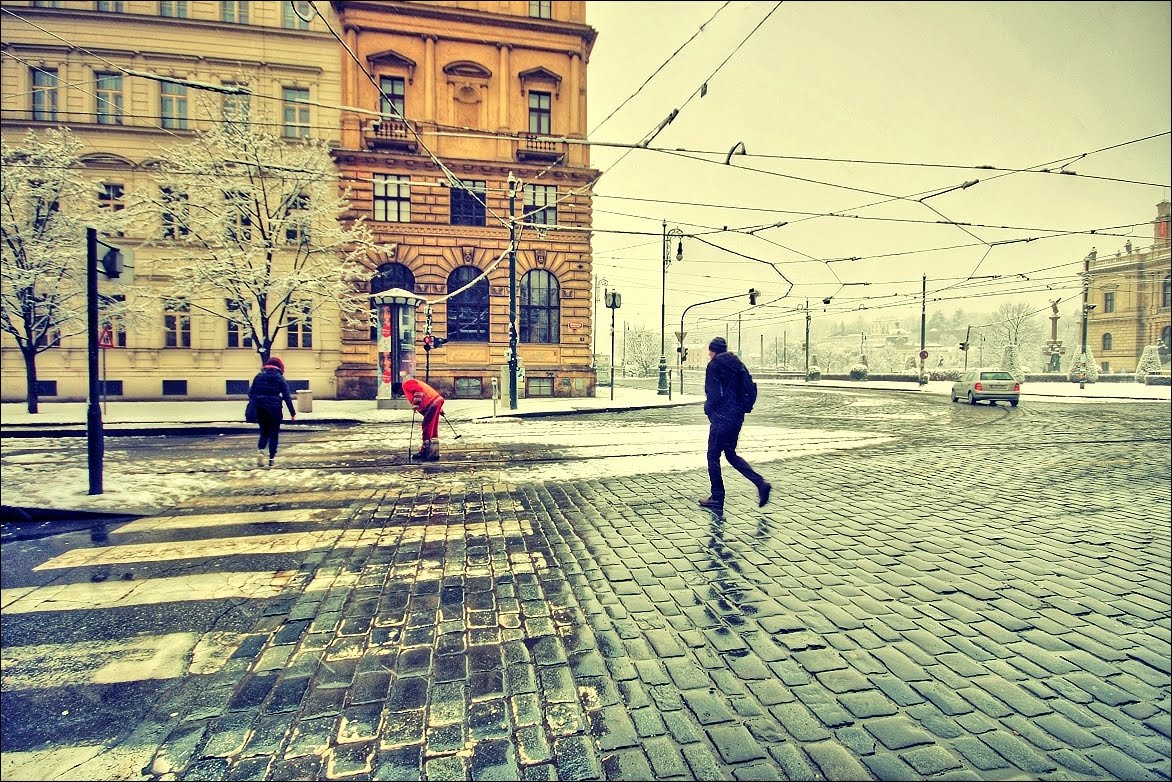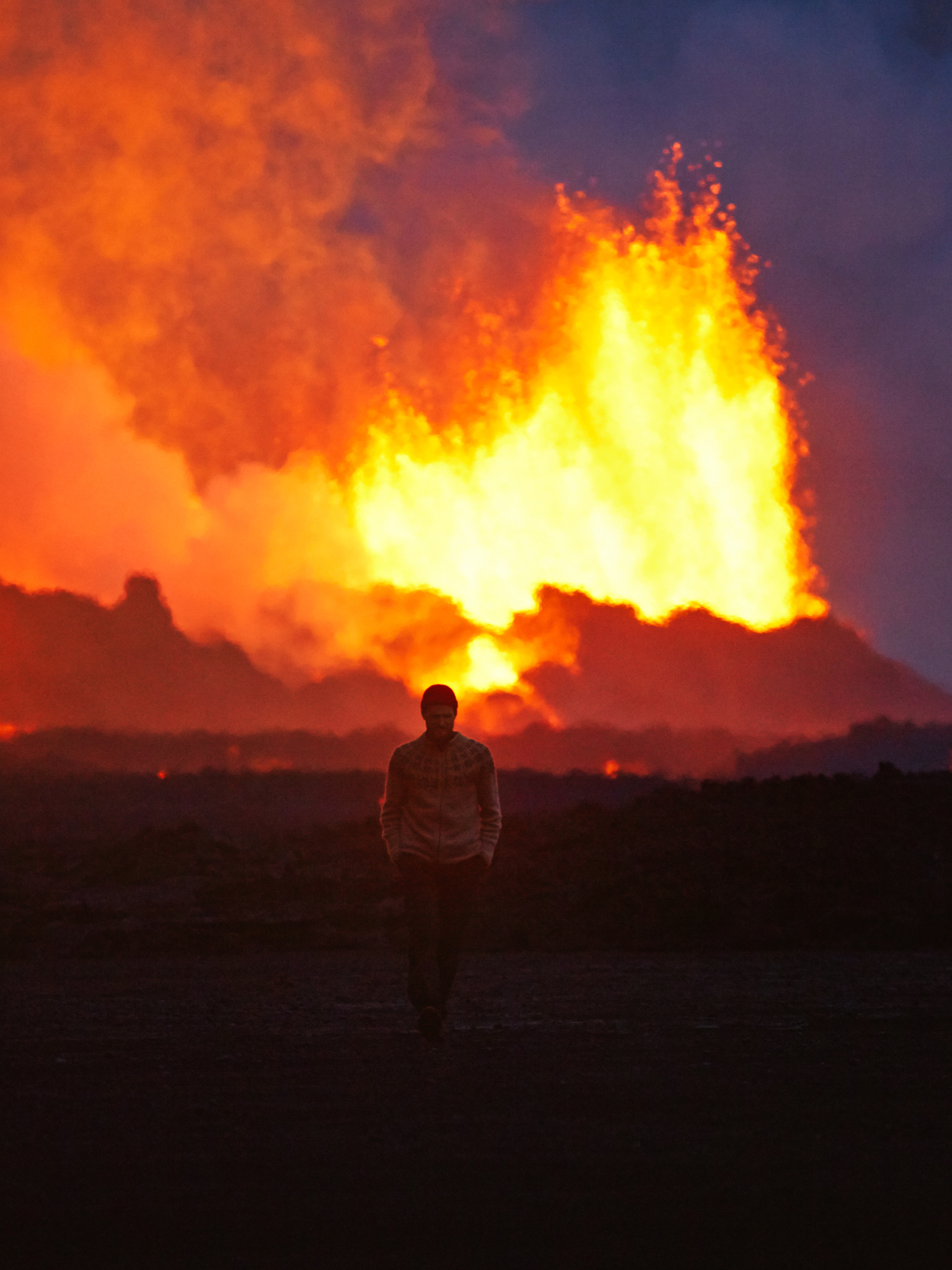Category Archives: AM - Blog 2014
Tuesday, October 7, 2014 — An Egyptian’s Wise Words for Hong Kong’s Protesters
Mahmoud Salem, one of the Egyptian veterans of the 18 days in Tahrir Square, has some useful advise for pro-democracy protesters in Hong Kong, and it is very good advice. “Learn from our failure,” he says, and lists eight points that match my own impressions and (some) published points. I list them here, with a few quotes. Go to the article to read the full text. Read more »
Monday, September 29, 2014 — Two Pictures That Speak for Themselves
Tens of thousands of people in Hong Kong protest against attempts of the Communist Party to crush democracy in Hong Kong. “The students are protecting the right to vote, for Hong Kong’s future. We are not scared, we are not frightened, we just fight for it,” [Carol Chan, a 55-year-old civil service worker who said she took two days off to join the protests after becoming angered over police use of tear gas Sunday, quoted by CBC News.] Beijing’s massive censorship team on Weibo, the Party-controlled censored internet engine created and supplied by American corporations, is working overtime preventing the people of China from seeing such images. Read more »
Sunday, September 28, 2014 — The Koch Suckers
Charles and David Koch are the multi-multi-billionaires who currently exercise strategic control over the Republican Party in the United States, and, through a vast, labyrinthine network of foundations and dummy corporations (known to journalists as the “Kochtopus”), control the Tea Party movement, most of the key Conservative think tanks, and the phony “Libertarian” movement. Canadians have as much to fear from the Koch brothers as Americans do. They have long been the principal consumers of Canadian “dirty oil.” Their Pine Bend, Minnesota facilities pipe it in to produce petcoke, a nasty polluter that is illegal in the United States, then sell it to the Communist Party in Beijing. They have quietly acquired leases for 1.1 million acres of Alberta oil fields and have nearly double the direct holdings that ExxonMobil has. In May, Koch Oil Sands Operation of Calgary sought permits to embark on a multi-billion-dollar tar sands extraction operation. [1] Read more »
Friday, September 19, 2014 — An Interesting Thought from Mark Thoma
It’s become a cliché that this generation of macroeconomists have withdrawn from the actual world and embedded themselves in a cocoon. You can get a Nobel Prize in Economics for dreaming up an equation that doesn’t have to be tested against real events in actual economies. (How the physicists, who must wait patiently for confirmation from reality, must envy them.) Too much emphasis on methodology, is the usual conclusion. But Mark Thoma, in the Fiscal Times has something to say about that:
“There has been quite a bit of criticism directed at the tools and techniques that macroeconomists use, e.g. criticism of dynamic stochastic general equilibrium (DSGE) models, but that criticism is misplaced. The tools and techniques that macroeconomists use are developed to answer specific questions. If we ask the right questions, then we will find the tools and techniques needed to answer them. The problem with macroeconomics is not that it has become overly mathematical – it is not the tools and techniques we use to answer questions. The problem is the sociology within the economics profession that prevents some questions from being asked. Why, for example, were the very questions we needed to ask prior to the Great Recession ridiculed by important voices within the profession? The key to a better economics is to ask better questions, and that will require a much more open mind – particularly from those in charge of what gets published in economic journals – about the kinds of questions economists are allowed to ask.”
This is an interpretation that would be understood by someone in the natural sciences (e.g. geophysics, or epidemiology, or climatology.) Asking the right questions is the key. Thoma asks why these questions were actively discouraged. He knows the answer, but leaves us to connect the dots. It was the result of a profession being hijacked by an aggressive ideology bent on suppressing real inquiry, and substituting a kind of Lysenkoist agenda. It was made possible by a revamped system in which the principles of academic autonomy and objective inquiry have become mere ectoplasmic traces. Macroeconomists who did ask the right questions didn’t seem to get far in academic careers, or end up in the cushy circumstances that more “co-operative” ones did. Or rather, that’s the case in the core, but not necessarily in the periphery. The serious questioning tends to take place in second-tier universities, where the moose or the wallabies nibble the shrubbery around the quadrangle. All the more power to ’em, I say. Lysenko’s ghost can’t patrol them all.
There has been quite a bit of criticism directed at the tools and techniques that macroeconomists use, e.g. criticism of dynamic stochastic general equilibrium (DSGE) models, but that criticism is misplaced. The tools and techniques that macroeconomists use are developed to answer specific questions. If we ask the right questions, then we will find the tools and techniques needed to answer them.
The problem with macroeconomics is not that it has become overly mathematical – it is not the tools and techniques we use to answer questions. The problem is the sociology within the economics profession that prevents some questions from being asked. Why, for example, were the very questions we needed to ask prior to the Great Recession ridiculed by important voices within the profession?
The key to a better economics is to ask better questions, and that will require a much more open mind – particularly from those in charge of what gets published in economic journals – about the kinds of questions economists are allowed to ask.
- See more at: http://www.thefiscaltimes.com/Columns/2014/09/16/Can-New-Economic-Thinking-Solve-Next-Crisis#sthash.LiClsQFW.dpuf
There has been quite a bit of criticism directed at the tools and techniques that macroeconomists use, e.g. criticism of dynamic stochastic general equilibrium (DSGE) models, but that criticism is misplaced. The tools and techniques that macroeconomists use are developed to answer specific questions. If we ask the right questions, then we will find the tools and techniques needed to answer them.
The problem with macroeconomics is not that it has become overly mathematical – it is not the tools and techniques we use to answer questions. The problem is the sociology within the economics profession that prevents some questions from being asked. Why, for example, were the very questions we needed to ask prior to the Great Recession ridiculed by important voices within the profession?
The key to a better economics is to ask better questions, and that will require a much more open mind – particularly from those in charge of what gets published in economic journals – about the kinds of questions economists are allowed to ask.
- See more at: http://www.thefiscaltimes.com/Columns/2014/09/16/Can-New-Economic-Thinking-Solve-Next-Crisis#sthash.LiClsQFW.dpuf
Thursday, September 18, 2014 — Romancing the Volcano
I can’t help it. I’ve fallen in love with a volcano. It’s so damn beautiful. Here is a video from Feel Iceland TV. In the plane are Haukur Snorrason, photographer & his son (un-named), and reporter Lára Ómarsdóttir. The music is by Jónas Haraldsson. Note on scale: the lava field shown is the size of Manhattan.
Wednesday, September 10, 2014 — Ideologies
This is a teenager who was walking to school when he was nearly incinerated by a car-bomb planted by some ideologically-driven zombie. I know what the particular “cause” was, the particular faction, but I won’t bother to tell you because it doesn’t matter. This is what ideology is all about. Any ideology. Read more »




